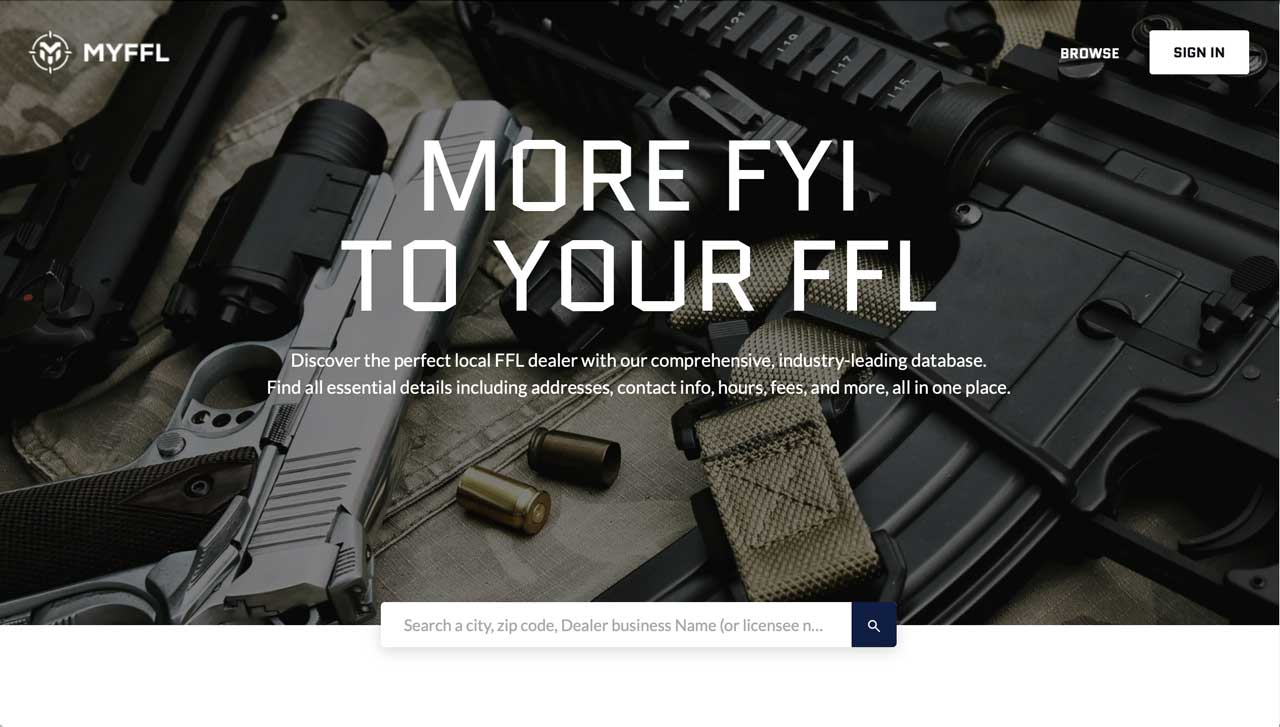Running an online firearm store is both rewarding and demanding. Unlike traditional e-commerce, firearm sales come with unique challenges, including regulatory compliance, restricted payment options, complex inventory management, and the need to build trust with a discerning customer base. By understanding these challenges and adopting proven strategies, firearm retailers can successfully navigate the complexities of the industry.
Compliance and Regulations
For firearm retailers, compliance is non-negotiable. Federal, state, and local laws govern every step of the process, from inventory acquisition to final delivery. Dealers must ensure that all transactions are conducted legally, document everything meticulously, and stay updated on evolving regulations. Non-compliance can result in hefty fines, license revocation, or even legal action.
Challenges
- Complex federal regulations require proper background checks and accurate record-keeping, including Form 4473 and A&D records.
- State laws often vary, requiring dealers to stay informed on rules for every state where they sell.
- Federal Firearms License (FFL) transfers are mandatory for most sales and must meet strict ATF guidelines. Tools like MasterFFL’s FFL360 help dealers and manufacturers manage firearm transfers, automating several aspects for the process.
Solutions
- Automate Compliance: Tools like FFL360 help automate processes like FFL verification and paperwork tracking, reducing manual effort by up to 80%. For instance, FFL360 ensures that transfer records are accurate and up-to-date, especially when handling multiple transactions daily.
- Stay Informed: Join organizations like the National Shooting Sports Foundation (NSSF) to access resources, regulatory updates, and industry insights. Forums and newsletters are also valuable for staying current on laws affecting your business.
Payment Processing
Payment processing is one of the most challenging aspects of running an online firearm store. Firearm sales are classified as high-risk transactions, causing many traditional processors like PayPal, Stripe, and Square to reject them outright. Without access to reliable payment options, dealers face abandoned carts and missed sales opportunities.
Challenges
- Payment gateways often impose restrictions on firearm-related sales, even for accessories like ammunition.
- Limited payment options can frustrate customers and lead to lower conversion rates.
- Security concerns, particularly for high-value purchases, can deter potential buyers.
Solutions
- Use Specialized Processors: Platforms like Fortis and Credova are built to handle firearm transactions securely and efficiently. GunTab’s escrow system adds an extra layer of trust by holding funds until the buyer confirms receipt of the firearm.
- Offer Diverse Payment Methods: Adding options like ACH transfers, financing, or buy-now-pay-later services can increase customer flexibility. Retailers who offer financing options see a 15% boost in completed purchases as customers appreciate the ability to spread out payments.
Inventory Management
The firearm industry is uniquely sensitive to external factors like political events, economic shifts, and public sentiment. These factors can create demand surges or supply shortages, making inventory management particularly challenging. Maintaining the right stock balance is crucial for customer satisfaction and profitability.
Challenges
- Sudden increases in demand, such as during election cycles or hunting seasons, can deplete stock rapidly.
- Supply chain disruptions can delay restocking, leaving retailers unable to meet customer expectations.
- Over-purchasing inventory during slower periods can tie up capital and lead to excess stock.
Solutions
- Leverage Automation: Platforms like Flxpoint integrate with suppliers and sales channels, synchronizing inventory in real time. Flxpoint’s forecasting tools can help predict demand trends, allowing retailers to restock proactively.
- Strengthen Supplier Relationships: Building strong partnerships with suppliers ensures priority access to high-demand products. For example, consistent communication with suppliers during peak seasons, such as hunting season, can help secure inventory faster than competitors.
Building Customer Trust
Selling firearms online comes with added scrutiny. Customers must trust your store not only to deliver legally but also to handle transactions securely and ethically. Without this trust, customers are likely to abandon their carts or take their business elsewhere.
Challenges
- Customers may hesitate to purchase from an unfamiliar retailer due to concerns about compliance or fraud.
- Lack of transparency about the FFL transfer process can confuse first-time buyers.
- Negative reviews or a lack of industry credentials can undermine your credibility.
Solutions
- Be Transparent: Clearly outline your compliance and shipping processes on your website. A detailed “How It Works” page can demystify the FFL transfer process, reassuring buyers.
- Showcase Credentials: Manage your FFL dealer listing, customer testimonials (Google, Trust Pilot, MyFFL, etc.), and affiliations with reputable organizations like the NSSF. Positive reviews and industry badges can significantly boost trust.
- Educate Your Audience: Create blogs, videos, and infographics that address common questions and explain industry practices. For instance, an infographic titled “How to Buy a Firearm Online” can serve as a helpful resource for new buyers, driving engagement and trust.
Shipping and Logistics
Shipping firearms involves strict carrier regulations and requires precise documentation to remain compliant. Unlike standard e-commerce, firearm shipments can only be handled by specific carriers and must be shipped to licensed FFL holders. Additionally, it is the retailer’s responsibility to get the customer’s preferrred FFL dealer for transfer. Dedicated FFL checkout tools like FFL Select handle that for merchants, even those requiring additional SOT support.
Challenges
- Limited carrier options mean higher costs and potential delays.
- Each shipment requires accurate FFL documentation, leaving little room for human error.
- Tracking and confirming delivery for high-value items adds another layer of complexity.
Solutions
- Partner with Experienced Carriers: Carriers like FedEx and UPS are equipped to handle firearm shipments and understand the legal requirements. Working with these carriers ensures compliance and minimizes the risk of delays.
- Automate Shipping Processes: Platforms like ShipStation streamline shipping workflows by integrating with your e-commerce platform. For example, ShipStation can automatically attach FFL paperwork to each order, reducing manual errors and ensuring compliance.
Takeaways
The unique challenges of running an online firearm store require specialized solutions and a proactive approach.
- Automate compliance and logistics to save time and reduce errors.
- Partner with industry-specific service providers for payment processing and inventory management.
- Build trust through transparency, certifications, and customer education.
- Stay informed about regulatory changes to remain compliant and competitive.
Ready to Transform Your Business?
Master FFL provides tools and expertise to help firearm retailers overcome industry challenges. From compliance automation to streamlined dealer management, we’re here to help your business thrive. Request a Demo Today to see how we can support your growth.







